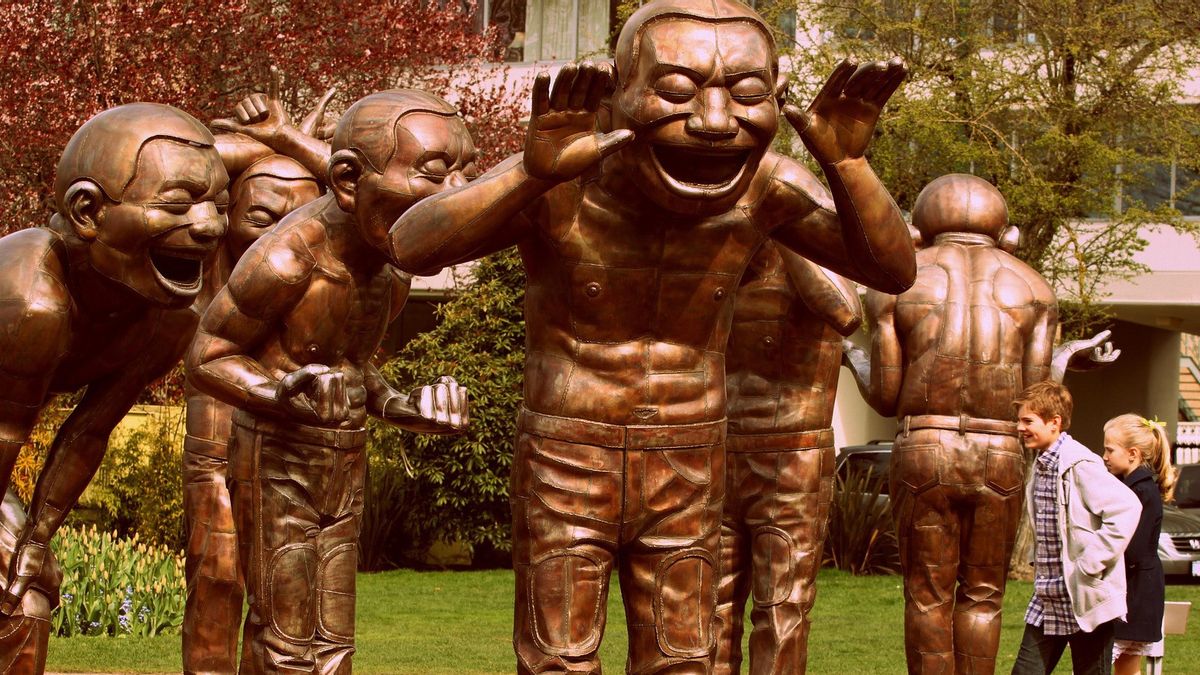JAKARTA - Laughter is touted as a panacea for boosting the immune system, promoting success at work, and even helping people live longer. However, for some people, chuckling can actually be a problem for people with gelotophobia. How come?
So, those who suffer from gelotophobia feel afraid of being laughed at by other people, even afraid of well-meaning jokes.
"They do not believe in friendly laughter, even when someone is just showing pleasure. All laughter is considered bad," said psychologist Willibald Ruch quoted scientificamerican.com. Ruch is a psychologist from the University of Zurich who pioneered research into this unusual condition that occurred in the mid-2000s.
Ruch tells about one person who has gelotophobia. When waiting for the bus, this person must choose the bus with the empty back seat. If not, "He couldn't stand the condition of sitting in front of the laughing behind him," said Ruch.
Like any other phobia. Gelotophobia also ranges from mild to severe. To assess its severity, researchers can measure it with a question. The question could be made something like: "How long will it take me to recover when being laughed at?" or "When other people laugh at me, how suspicious do I feel?"
What caused it?
According to studies, about 13 percent of the world's population suffers from gelotophobia. Still said Ruch, countries with the lowest gelotophobia levels came from countries with more egalitarian or equal cultures such as Denmark and the Netherlands. While in countries where a culture of respect and shame is used as social control, such as in some Asian countries, the rates are very high.
Apart from cultural factors, the style of educating children can also affect gelotophobia. In a study of 100 families, mothers and fathers who had a lot of rules or punishments for educating their children tended to make them afraid of laughter. Bullying and social anxiety can also be a factor in the emergence of gelotophobia.
A 2016 electroencephalographic study revealed that when people listened to laughing or screaming angrily, they showed more activity along the prefrontal and posterior cortical nerves. The study's authors - Austrian psychologist Ilona Papousek - believe this means they are "more sensitive to the evil image than laughter."
Meanwhile, the good news, according to psychologist Willibald Ruch, is that people with gelotophobia can undergo the same therapy as therapy for other phobias. The bad news is that it can be difficult to convince a person with gelotophobia to visit a therapist, having imagined it might be possible to be greeted with smiles and chuckles to greet them.
The English, Chinese, Japanese, Arabic, and French versions are automatically generated by the AI. So there may still be inaccuracies in translating, please always see Indonesian as our main language. (system supported by DigitalSiber.id)













